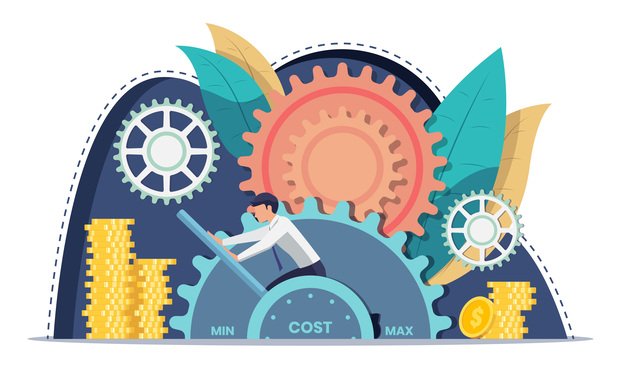Let’s face it, the billable hour is archaic. It creates the wrong incentives, drives inefficiencies and no one likes it, no one. The lawyers who keep track of their time, often to the minute, and the General Counsels who purchase that time are unhappy with this system. The simple fact of the matter is that measuring value based on the number of hours spent is flawed as time does not necessarily reflect quality, execution or results. It is not about how long the attorney took, but rather, what the attorney accomplished.
With the COVID-19 pandemic causing in-house counsel to rethink legal services, it seems ripe to ask the question: Why does the legal industry continue to rely on an outdated method of time as a measurement of work? The billable hour is unpredictable and does not measure performance. Just because an attorney spends a large amount of time on a matter does not necessarily mean that it was time well spent. Attorneys can find themselves running on a treadmill to bill more and more hours (and now remotely at home with virtually no workplace boundaries), only later to justify the billed hours.


 Photo: Jiw Ingka/Shutterstock.com
Photo: Jiw Ingka/Shutterstock.com







